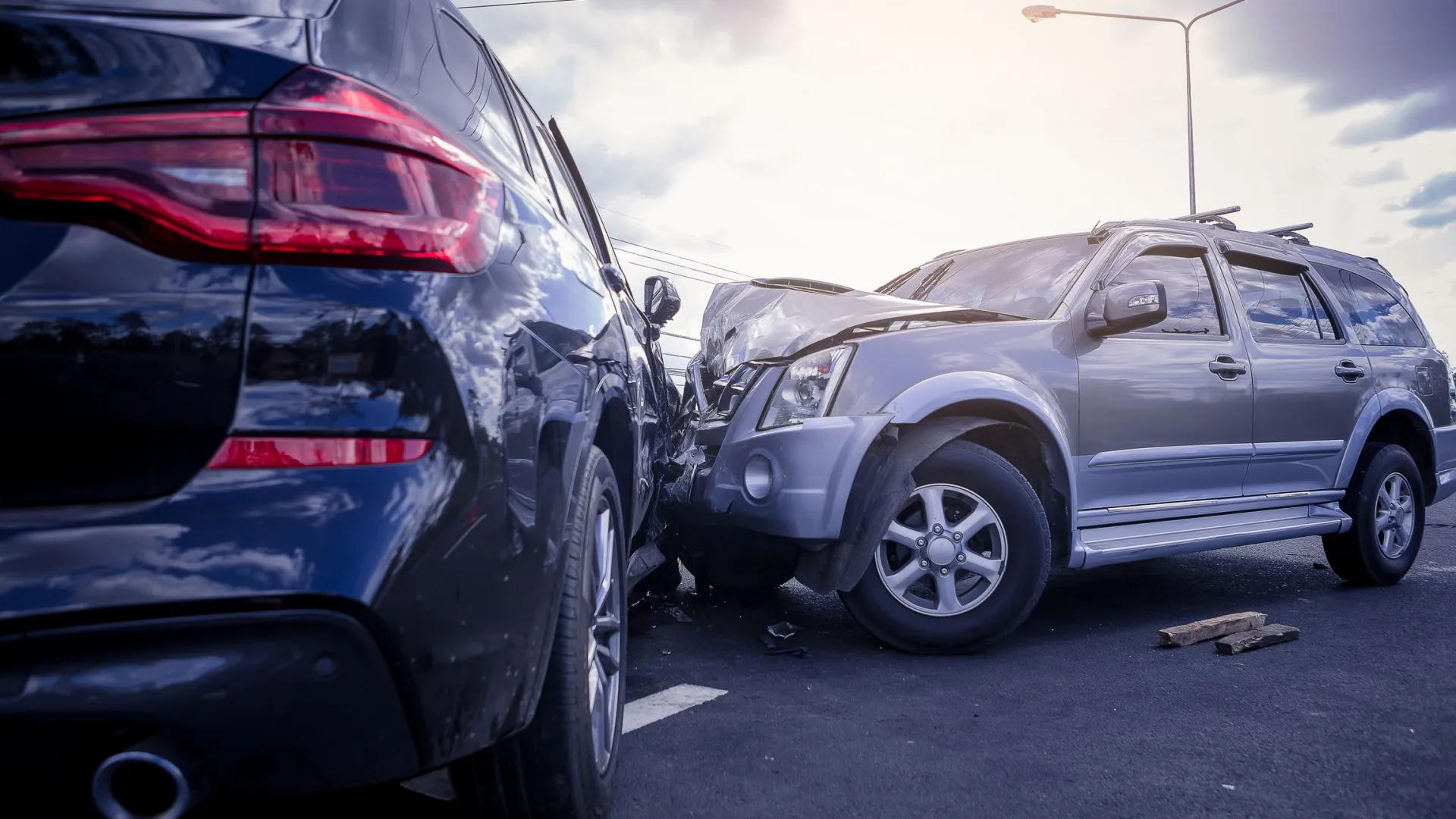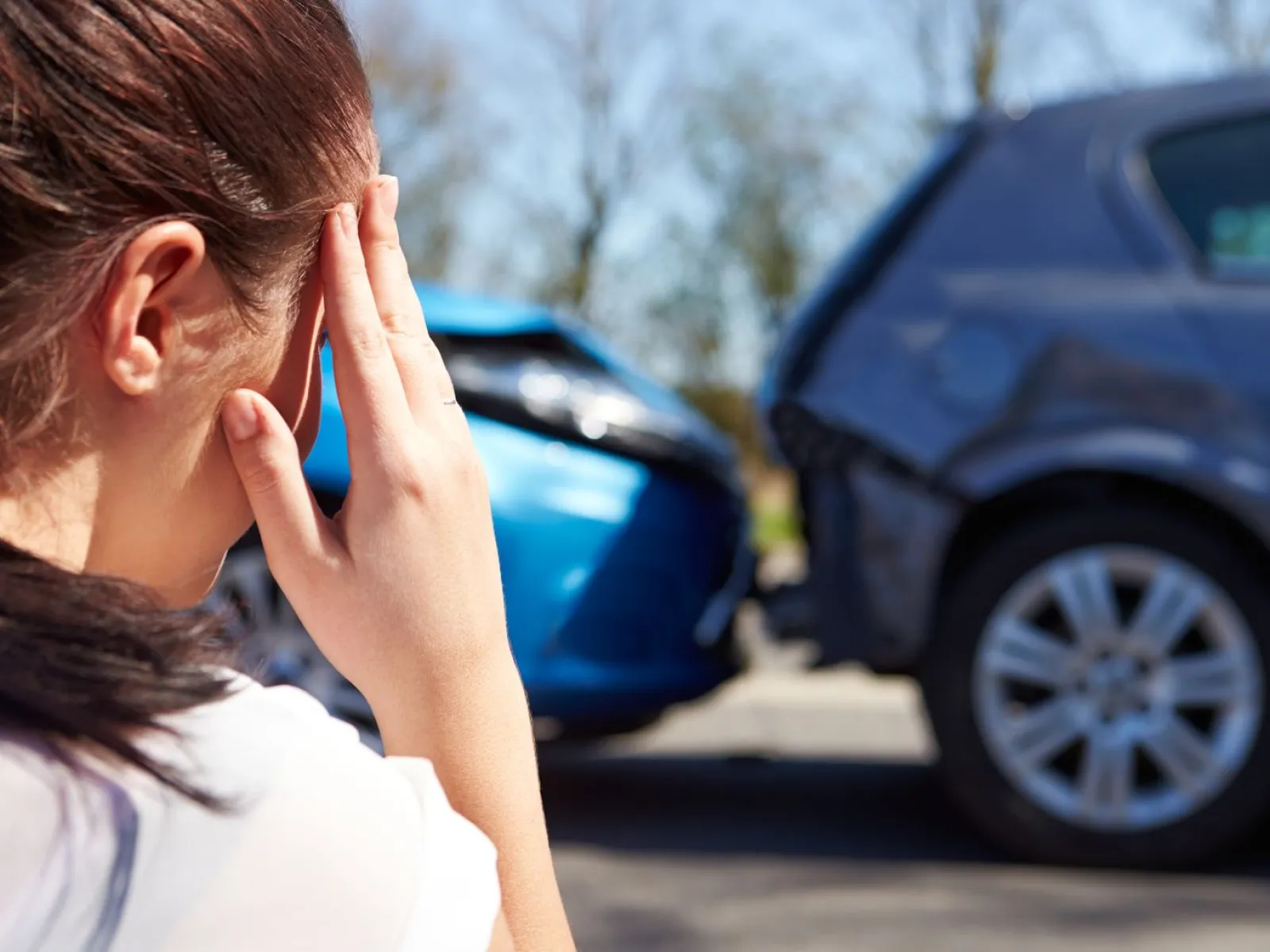
Dram Shop & Drunk Driver Claims

Injured Party Rights
Parties who are injured by drunk drivers have a number of potential sources for the recovery of money damages. First and foremost, the injured party has a claim against the drunk driver for various categories of damages including punitive damages. Even where the injuries caused by the drunk driver are mild to moderate the recovery can be substantial, owing to the propensity of juries to render generous verdicts intended to punish drunk drivers as permitted by law.
In addition to claims against the drunk driver, the injured party may also have an uninsured or underinsurance claim against his or her own motor vehicle insurer if that optional coverage has been purchased by the injured party.
Georgia’s Dram Shop Act
Another source of potential recovery for injuries caused by drunk drivers exists under Georgia's Dram Shop Act, O.C.G.A. section 51-1-40. The Act permits an injured party to recover from commercial vendors and social hosts who sell, serve or furnish alcoholic beverages where the alcohol provider:
- willfully, knowingly, and unlawfully sells, furnishes, or serves alcoholic beverages to a person not of lawful drinking age, knowing that such person will soon be driving a motor vehicle, or;
- knowingly sells, furnishes, or serves alcoholic beverages to a person who is in a state of noticeable intoxication, knowing that such person will soon be driving a motor vehicle.
The injured party must also show that the sale, furnishing, or serving is the proximate cause of such injury or damage.
The Georgia courts have held that the Act is applicable to convenience stores even though alcohol is not furnished for consumption on the premises as in the traditional dram shop.
The Act does not permit a consumer of alcohol to recover from the provider of alcohol for the consumer's own injuries.
Where the claim involves the service of alcohol to a person of lawful drinking age, the injured party must prove that alcohol was served when the consumer was noticeably intoxicated. Proof of the consumer's conduct while being served alcohol, or blood alcohol evidence showing the level of alcohol in the consumer's blood, can support an inference that the consumer's intoxication was actually known by the server. Liability under the statute, however, does not require that the server actually realize that the consumer was intoxicated. A provider of alcohol is deemed to have knowledge if in the exercise of reasonable care he should have known of the consumer's noticeable intoxication.
